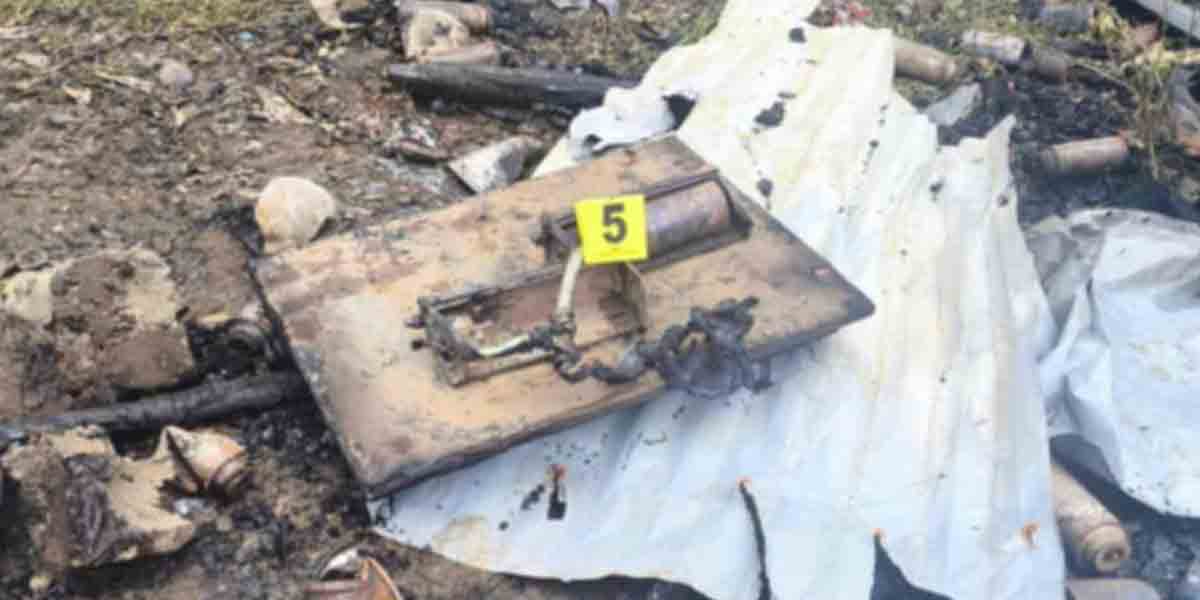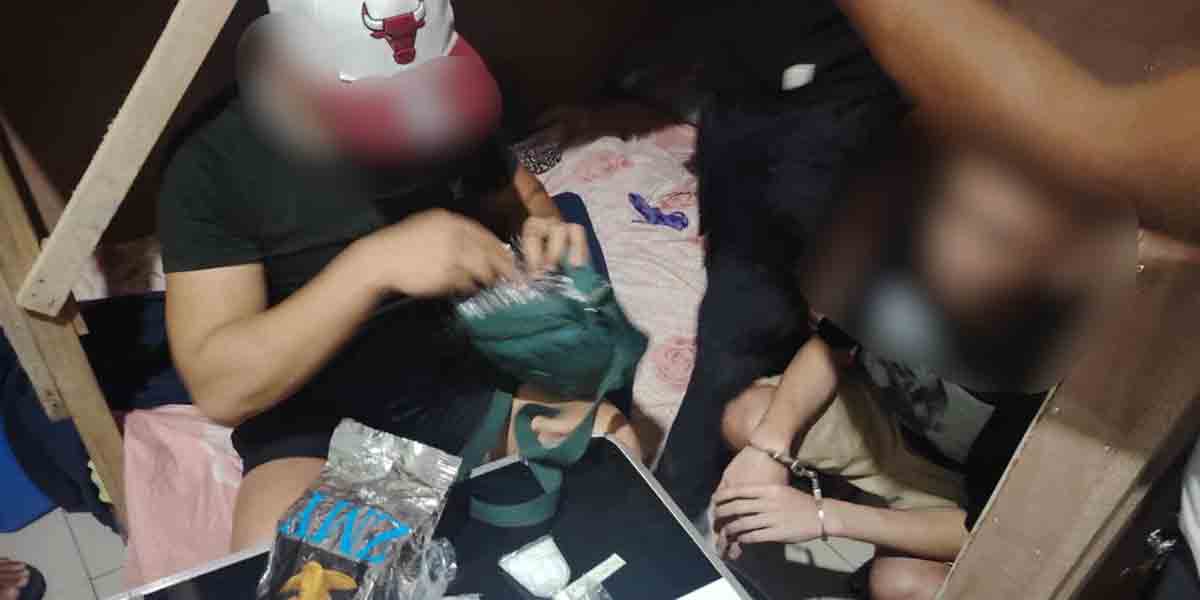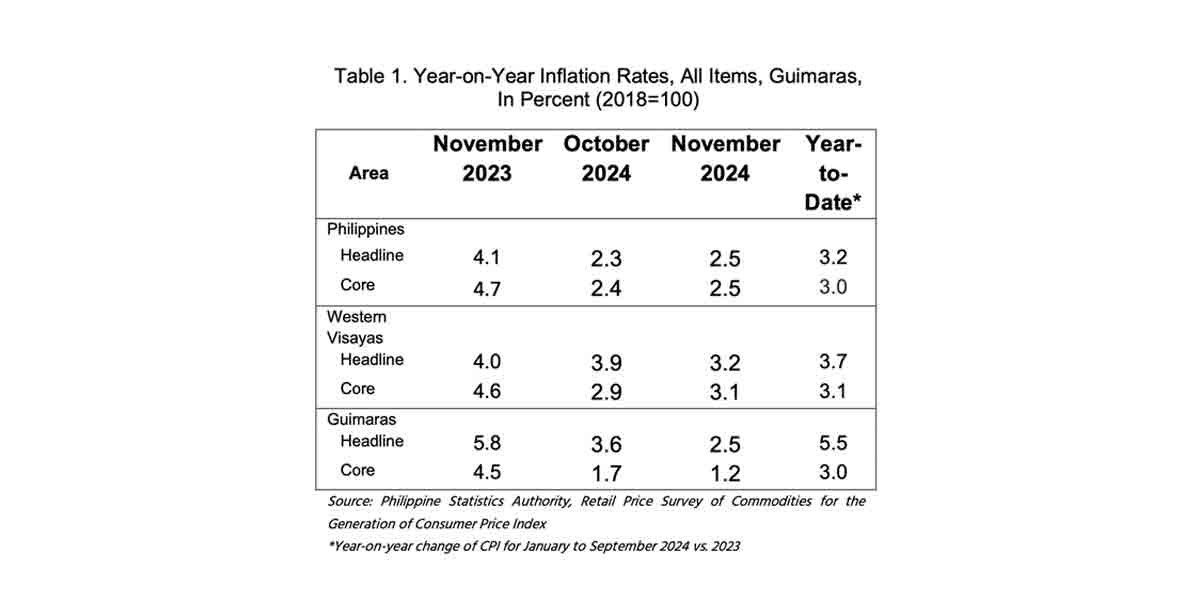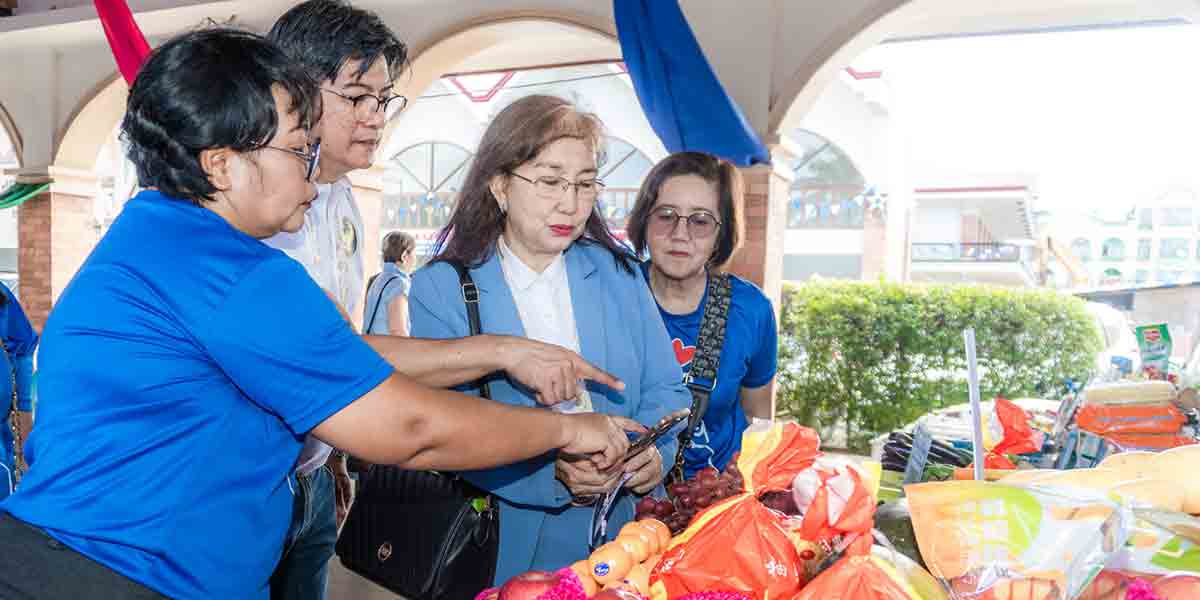By Joseph B.A. Marzan
Iloilo Governor Arthur Defensor Jr. plans to implement a “modified” Enhanced Community Quarantine (ECQ) upon the expiry of the current lockdown on April 30, 2020.
Defensor announced the plan during a meeting of the Regional Inter-Agency Task Force (IATF) on Thursday at Casa Real in Iloilo City.
The governor initially placed the province under a General Community Quarantine on March 15, 2020 through Executive Order No. 028-C as a response to the coronavirus disease 2019 (COVID-19) pandemic.
This was upgraded to the ECQ through EO No. 080 on March 20.
The ECQ, though originally set to expire on April 14, was extended to April 30 via EO No. 102 on April 8.
On Monday, the governor said that he is drafting an EO for the lifting of the ECQ upon its expiry.
But he clarified on Tuesday that the direction of the EO is towards reverting to GCQ, with several modifications.
On Thursday, Defensor again clarified that the direction is now going towards a modified ECQ, which will run until May 15.
He said his main considerations for the implementation are the status of COVID-19 cases in the province and the economic impact of the lockdown.
He added that the province has been careful in drafting the modifications by eyeing closeness to normalcy in implementing the future EO.
“We still have the problem of COVID-19 in the province. Even though the incidences and transmission are declining, the status of the problem is enough basis to extend although we need to modify it because we have to be very careful. It only takes one for it to start another chain reaction of exponential proportions. Second, if we have to proceed, the features need to be modified, because the enhanced community quarantine as a measure, it is short-term and rustic, effective but it has its own inherent limitations which are the effect on the economy. The [ECQ] necessarily entails a slowdown. Establishments are closed and people are not getting out of their houses, so the economy is affected. There will come a time where it becomes unsustainable, so there needs to be adjustments. The adjustments that we will make, fundamentally, that we will be able to maximize quarantine procedures and disease prevention and control measures while having a sustained economy. That’s what we have to do. We have to make adjustments so that we are able to return the economy to normalcy if not close to normalcy,” he said.
TRANSITION PLAN
Defensor confirmed that part of the modified ECQ is a transition plan which will be introduced before the end of the ECQ.
But he clarified it is not an exit plan.
“It’s not an exit plan, it’s a transition, it’s a changing of the regime. We are transitioning quarantine procedures and economic measures. That is why, after this, we’ll have to introduce economic measures together with the national government to jumpstart the economy because damage has been done,” he said.
The transition plan is based on economic and development figures on the impact of the ECQ in the province.
“What’s been given to us is what has slowed down. If we look at the damage, the provincial government, from the national government, we have development plans and what is being mobilized. We will know from there, from the badly hit sectors. So, we will look at this together with the national government. We’ve already asked the IATF what the national government’s programs are, and the Department of Agriculture is spending money on Iloilo to help us jumpstart the agricultural sector,” he said.
He said that the “new normal” of the province deals more with continued quarantine procedures, particularly on social distancing.
“The new normal is the quarantine procedures that we’re going to implement, including the social distancing measures. Actually, we don’t want a new normal as much as possible, but we have no choice but to implement social distancing measures,” he said.
CONTINUED RELIEF OPERATIONS
The governor vowed to continue relief operations in the province amid the modified ECQ, but it will still depend on economic activities.
“We will continue [relief operations], but that will also depend because our economic activity is on the roll right now, that is why we are still doing relief operations because there are many who are not working and are not receiving their pay. There is no business. But if we extend, and we return the economy, the profile of the province will be different, so the people we will help will also be different. It depends on the level of our economic activity and our recovery, whatever relief operations or economic assistance we will be giving to the municipalities.”
Defensor also confirmed that another batch of fresh farm products will be distributed, albeit with some slight changes.
“There is the next batch of vegetables, but for this next batch, we are trying to be more nutrient-oriented and COVID-specific. We are coordinating with the National Nutrition Council the [Department of Health] and of course the [Department of Agriculture] that it should be nutrient-oriented and specific to the problem,” he said.
As regards mental health concerns of the residents, he said that the province has not considered such, owing to the lack of resources to hire mental professionals, but said he will include this in future developments.
He added that this may be referred to the Department of Health (DOH).
“We have not considered [mental health]. We don’t know how to address this because we haven’t thought about it because our focus is on the economy. Can the province have a program for that? It would be good but for now, concretely I cannot say if we can provide clinical therapy or similar services. Maybe the DOH has that. There is a social component to that. We will take not of that Of course, we know there is the psychological aspect to this but for now, I can’t say what we can do for mental health, because the province doesn’t have much on that. We don’t have mental health professionals. Maybe the DOH can do something about that,” he said.
TRANSPORTATION
The governor said that part of the province’s transition plan is the re-introduction of public transportation.
He added that the challenge for this was the continued implementation of social distancing measures.
“The direction is to revive the transportation sector but that’s the most difficult area to do social distancing because if we decrease the capacity of a vehicle for social distancing, there are only two things: the operator may lose profit, or we will increase fares. But that is what we will do, revive transport,” he said.
He, however, stopped short of lifting travel restrictions at the province’s borders.
He attributed the travel restrictions to the continuing local transmission of COVID-19 in Metro Manila.
“That is not considered. That’s the most important part of the measure. The travel ban will be maintained, and that is in Section 1 [of the new EO]. When we started, that was one of the first things we imposed,” he said.
According to the latest data of the DOH, as of 8 a.m. of April 23, Iloilo has 18 confirmed COVID-19 cases, with 11 active cases, three recoveries, and four deaths.





















